Adam Farrer’s Shelf Life
‘There will be a whole essay in my third book about my aunt who, among many other things, married an arsonist.’
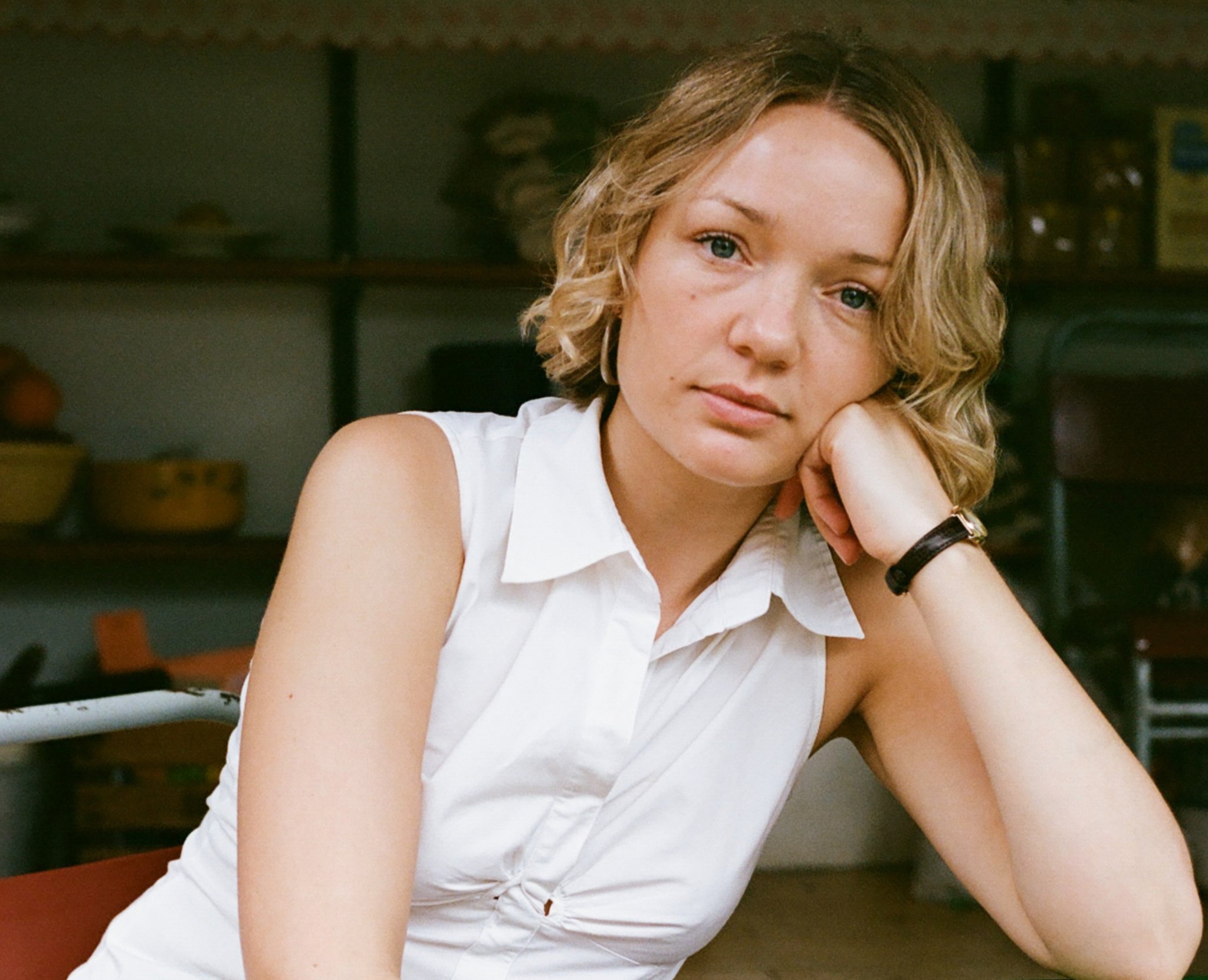
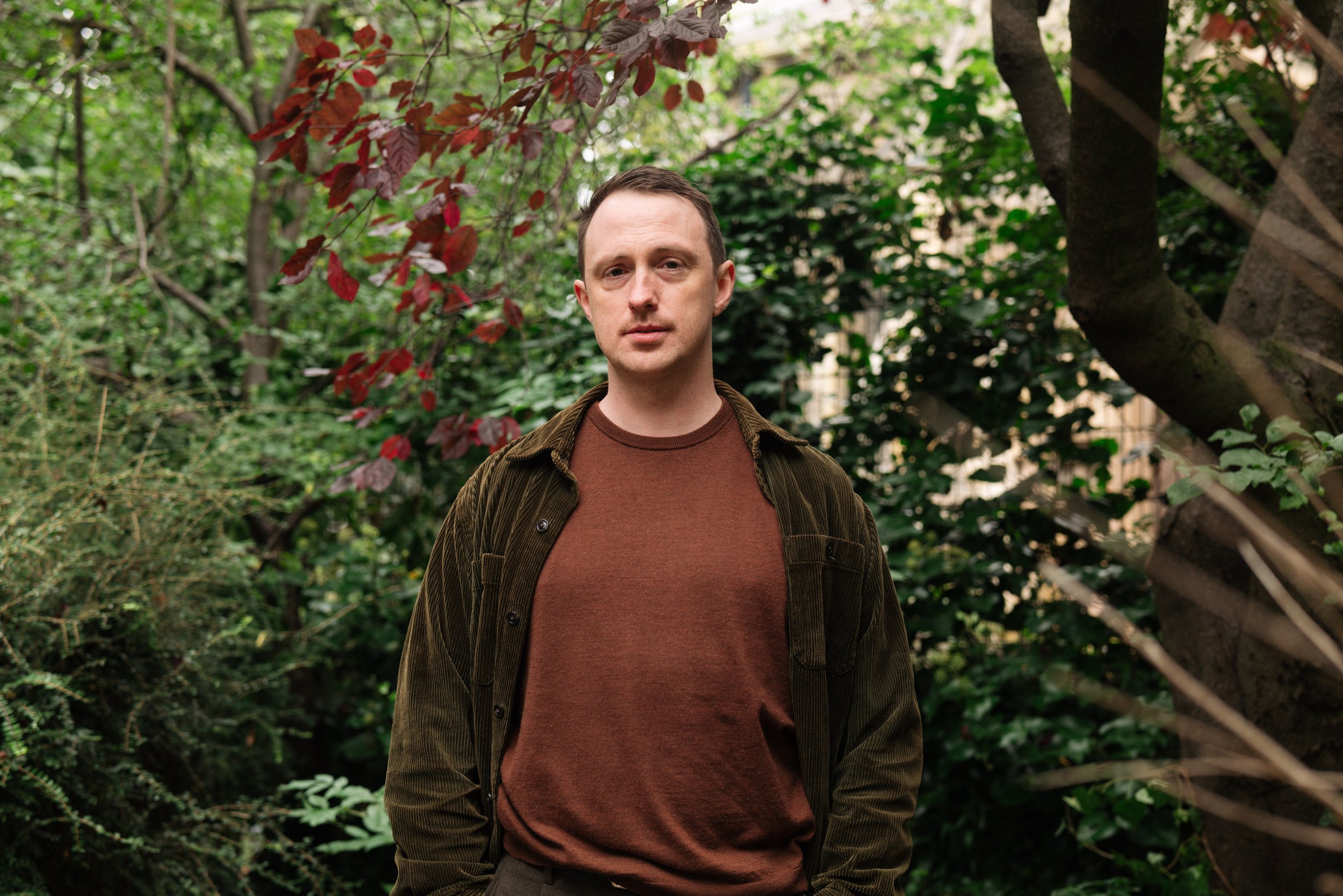
Thomas McMullan’s Shelf Life
‘Countries like the Netherlands, Sweden, Germany and France are way ahead of the UK in terms of arts funding. In July The Observer reported that while Britain has cut back its total culture budget by 6% since 2010, Germany, France and Finland have each increased their spending by up to 70%. Decisions like this are ideological.’
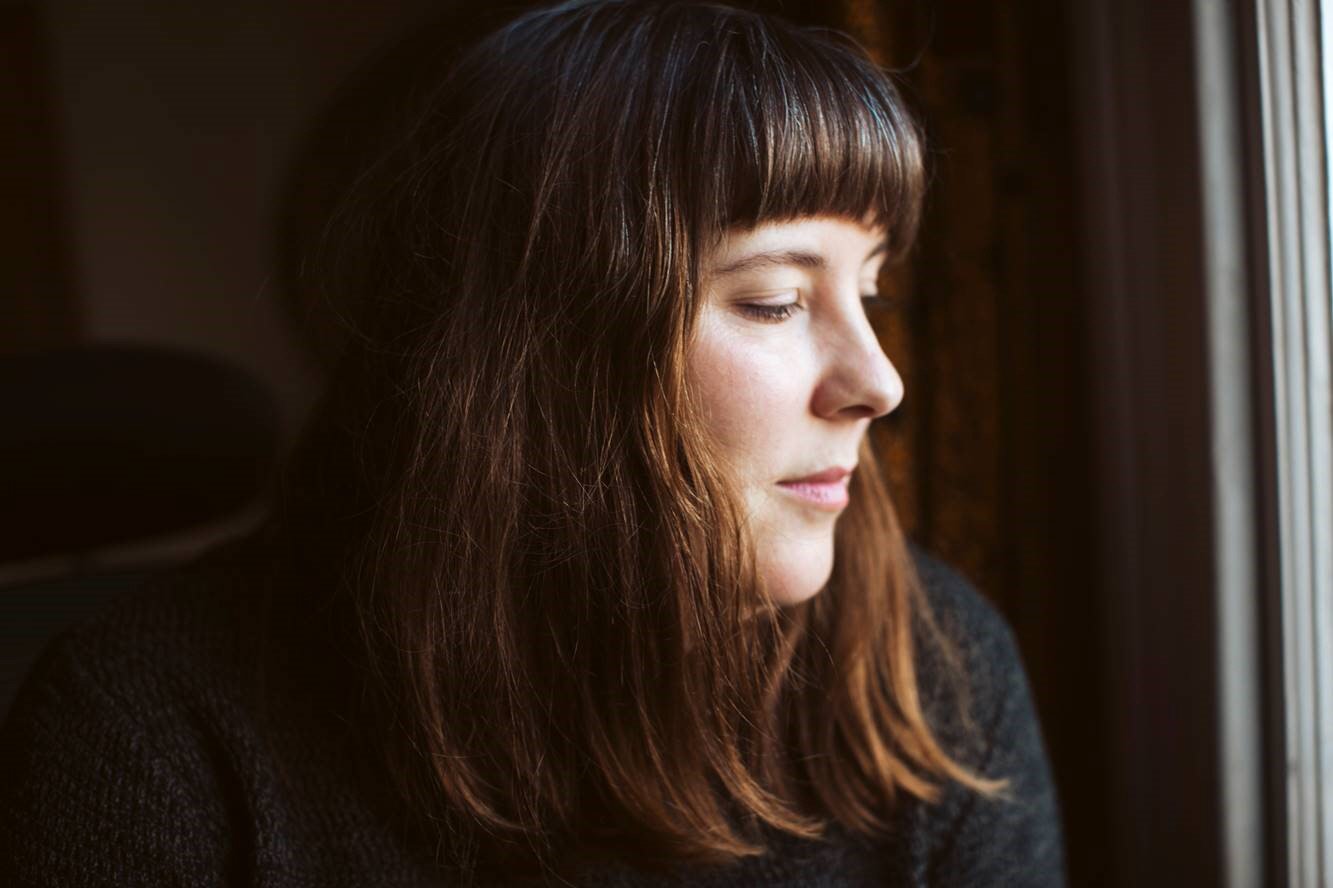
Evie Wyld’s Shelf Life
‘I write until I’ve written about forty thousand words and then I wonder what I’m doing for a couple of years and then I write about another thirty thousand words and at some point my husband, who is a brilliant ghost writer and editor, reads it and we have a conversation about it, then I cut a load of words and noodle about with it for a while longer and then give it to my agent.’
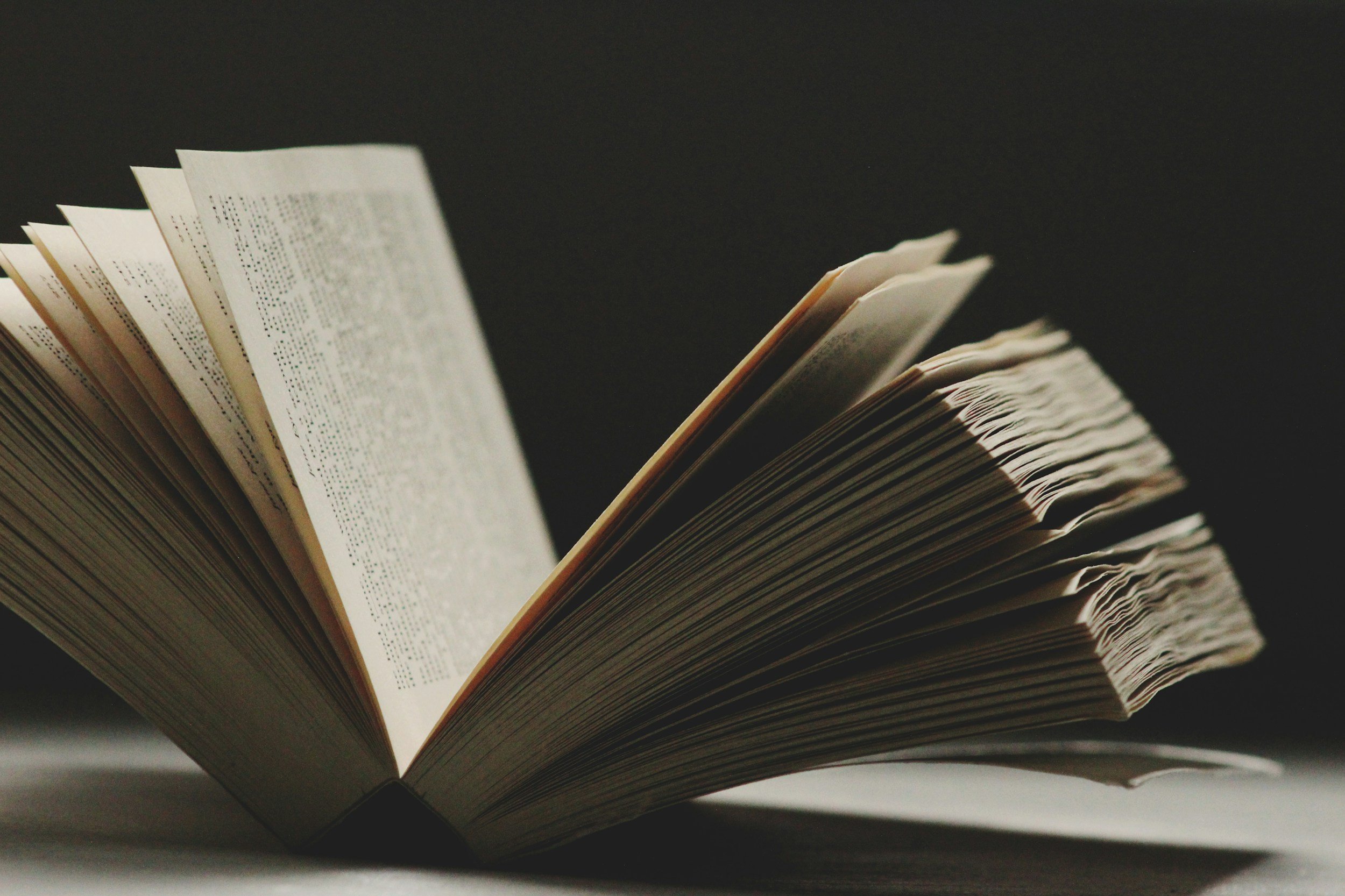
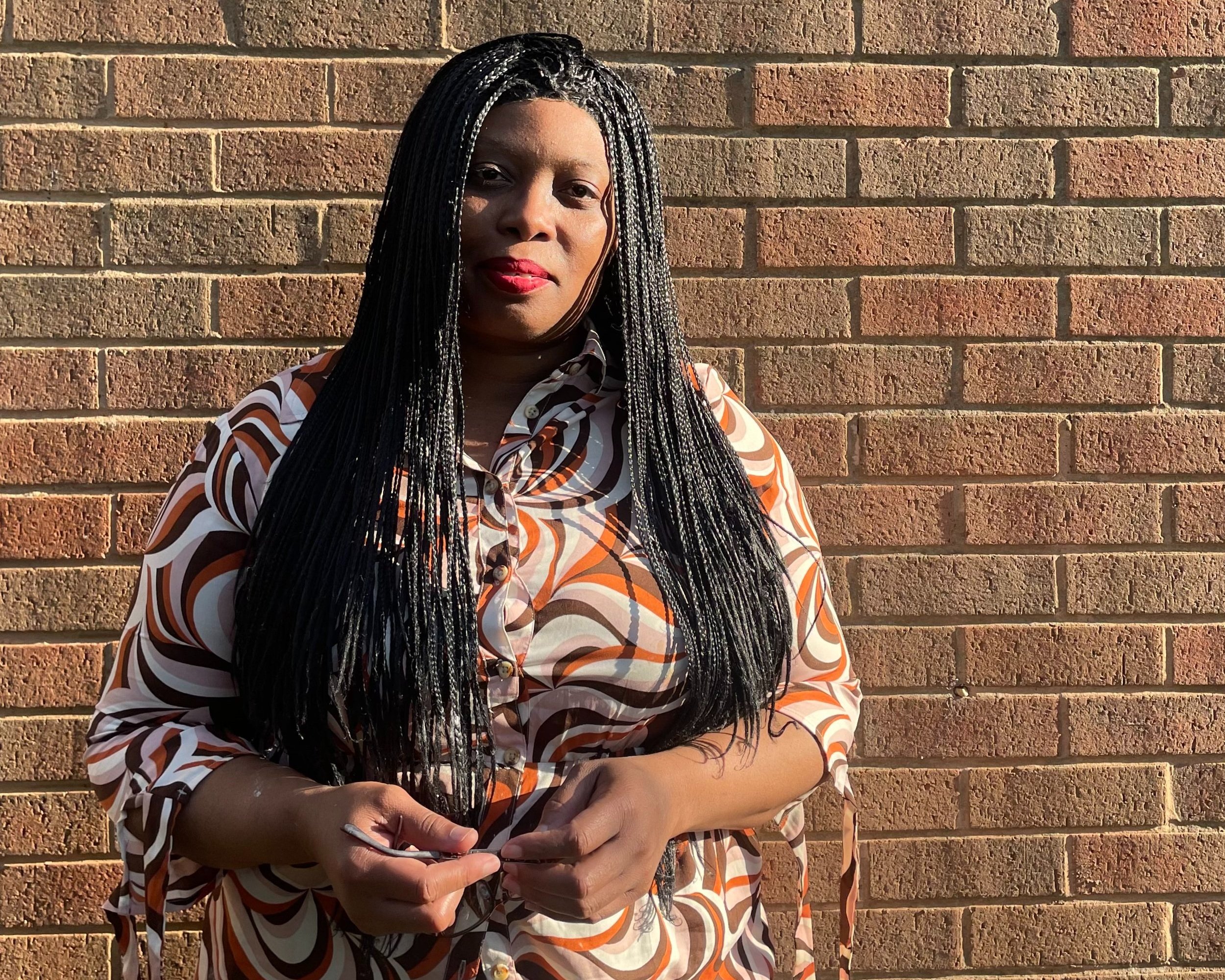
Yvonne Battle-Felton’s Shelf Life
‘In order to connect with what I’m writing, I read it out loud in character. It lets me feel the way the character might say something, listen to the rhythms, find the silences.’
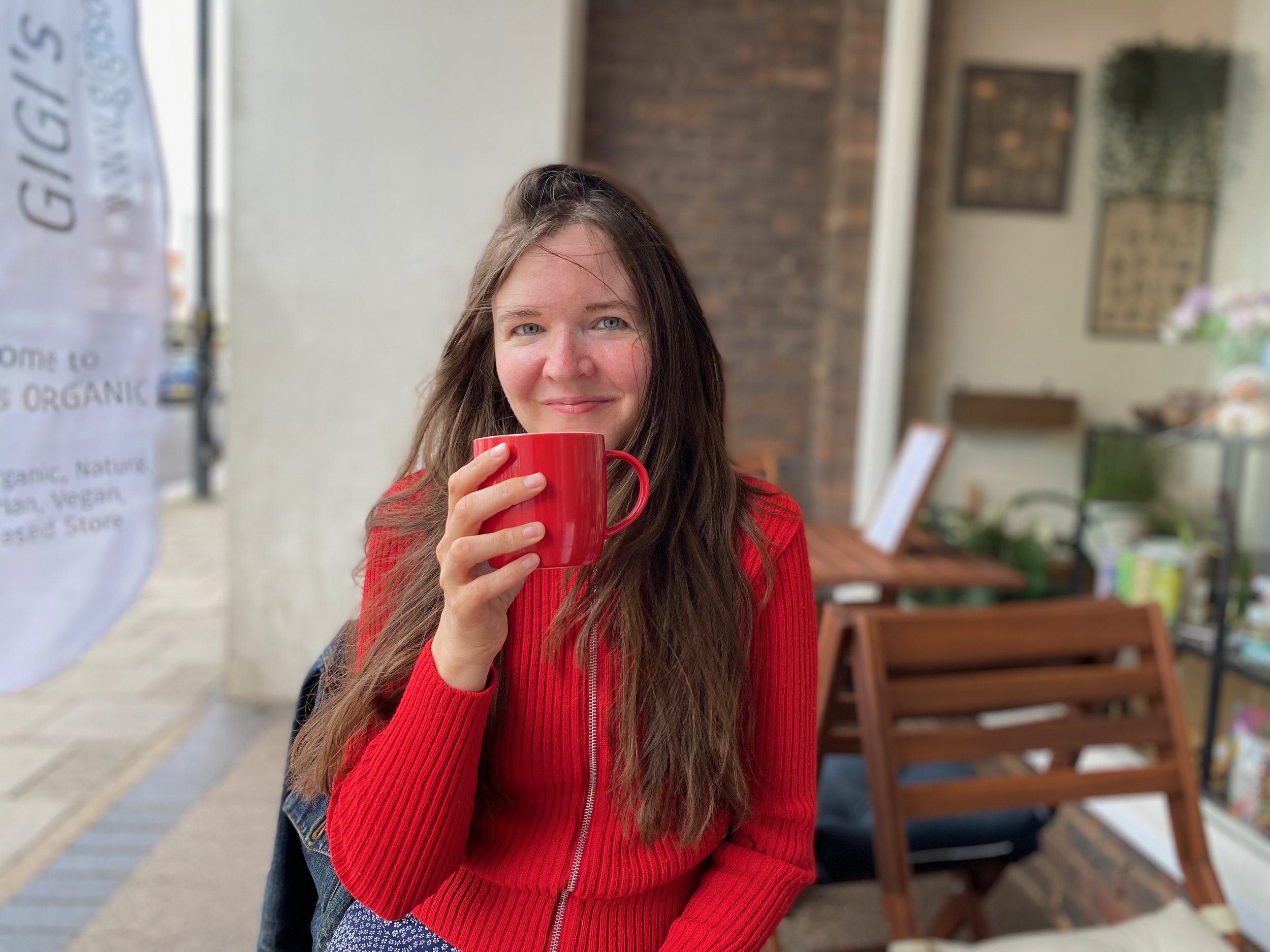
Sam Mills’ Shelf Life
‘A good writer should be a voracious reader. I never did a single creative writing course – I learnt everything from reading and studying other authors.’
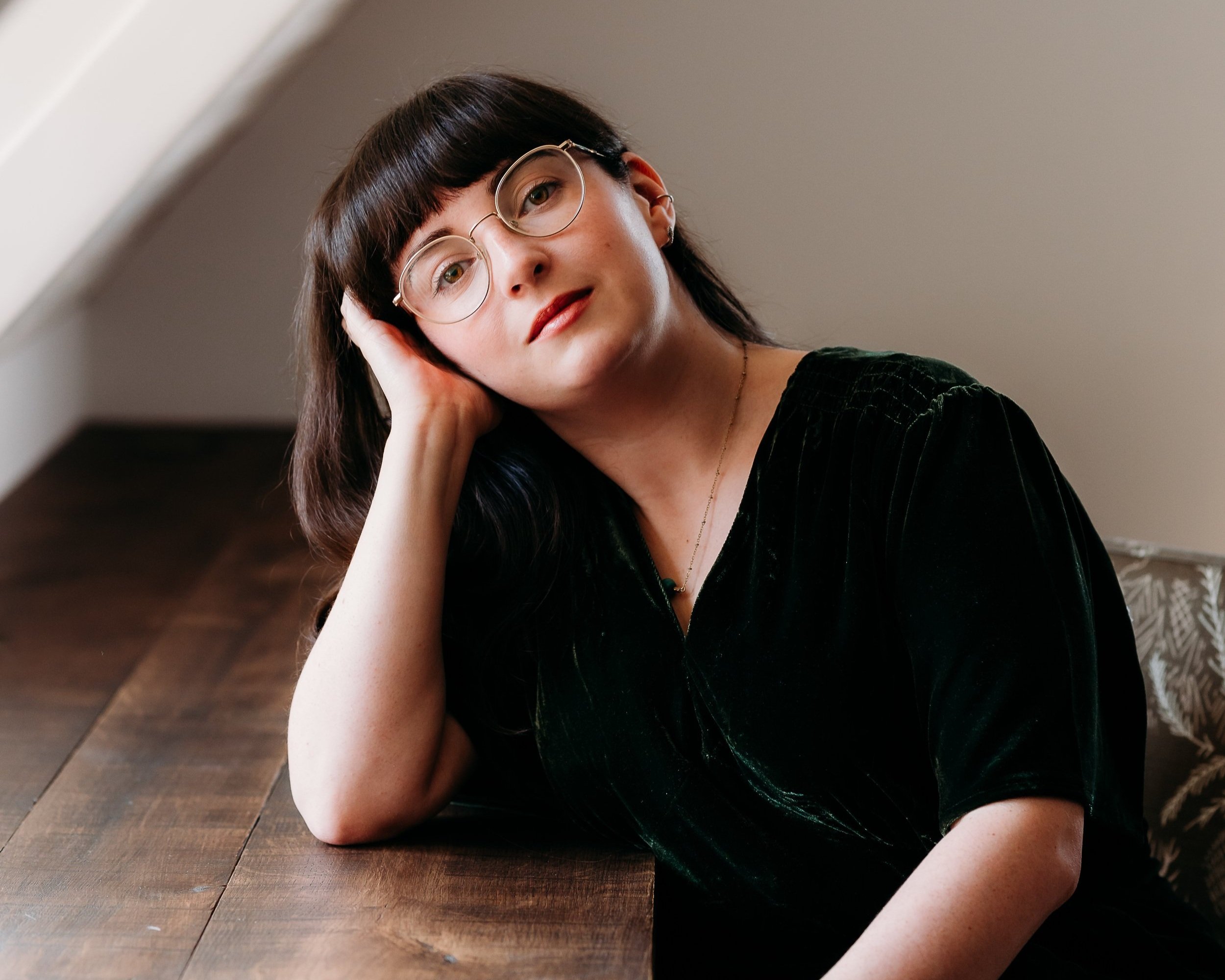
Amy Twigg’s Shelf Life
‘I try my best not to read reviews - people can be cruel and I am a fragile thing. But there’s one review that always makes me laugh, which said, “‘Spoilt Creatures’ is not a novel that I particularly admire.” Speak your truth.’
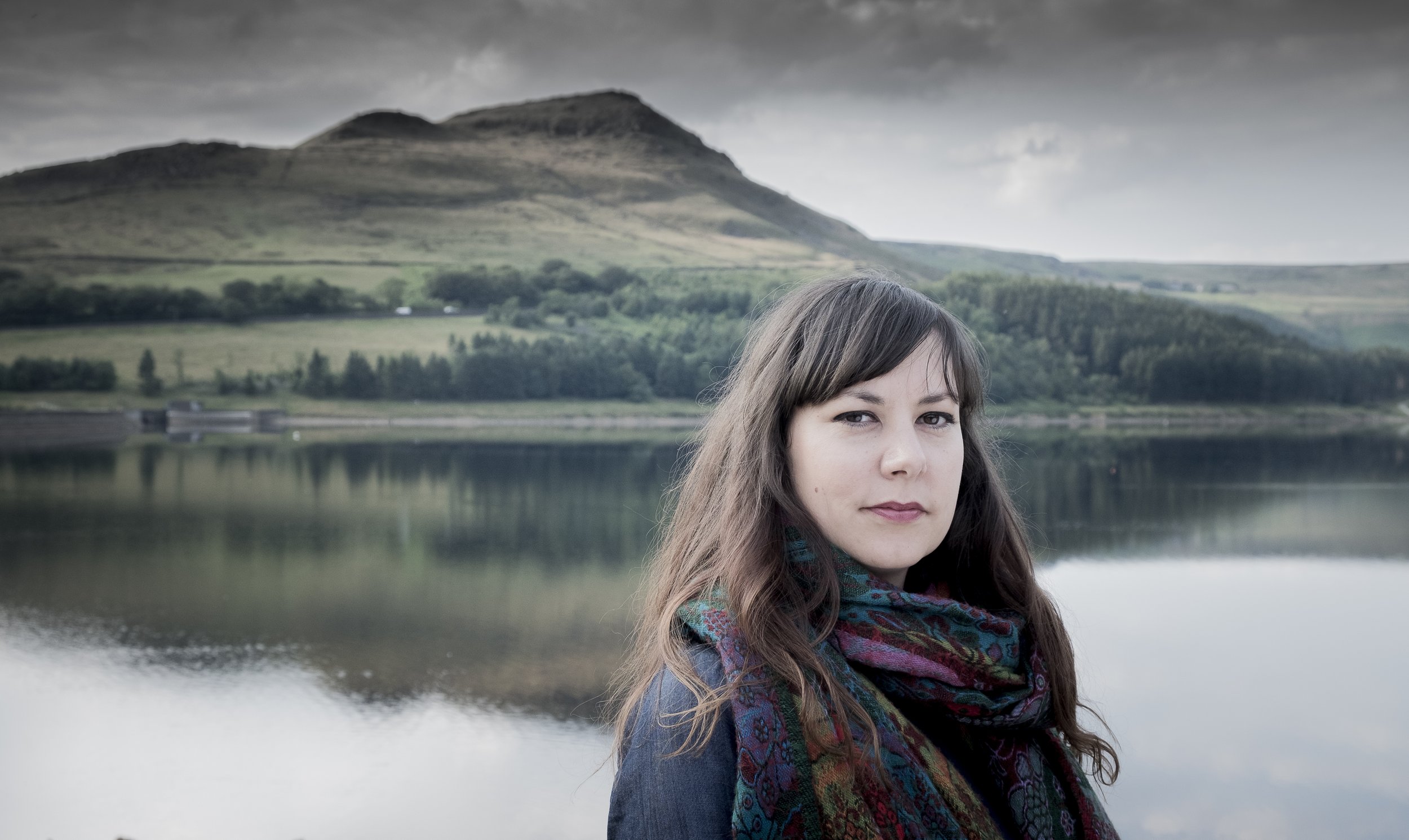
Sophie Parkes’ Shelf Life
'I’ve heard a few writers say - Zadie Smith being one of them - that the novel, short story, whatever it might be, is representative of the writer at that particular time. You will never think in exactly the same way and therefore you will never write the same again. A comfort, I think.'

Mark Bowles’ Shelf Life
'My “creative process” invariably starts from individual episodes rather than an overall plan. The themes and the story emerge gradually from the episodes. Usually, it all begins with a voice, with its rhythms and turns of phrase.'
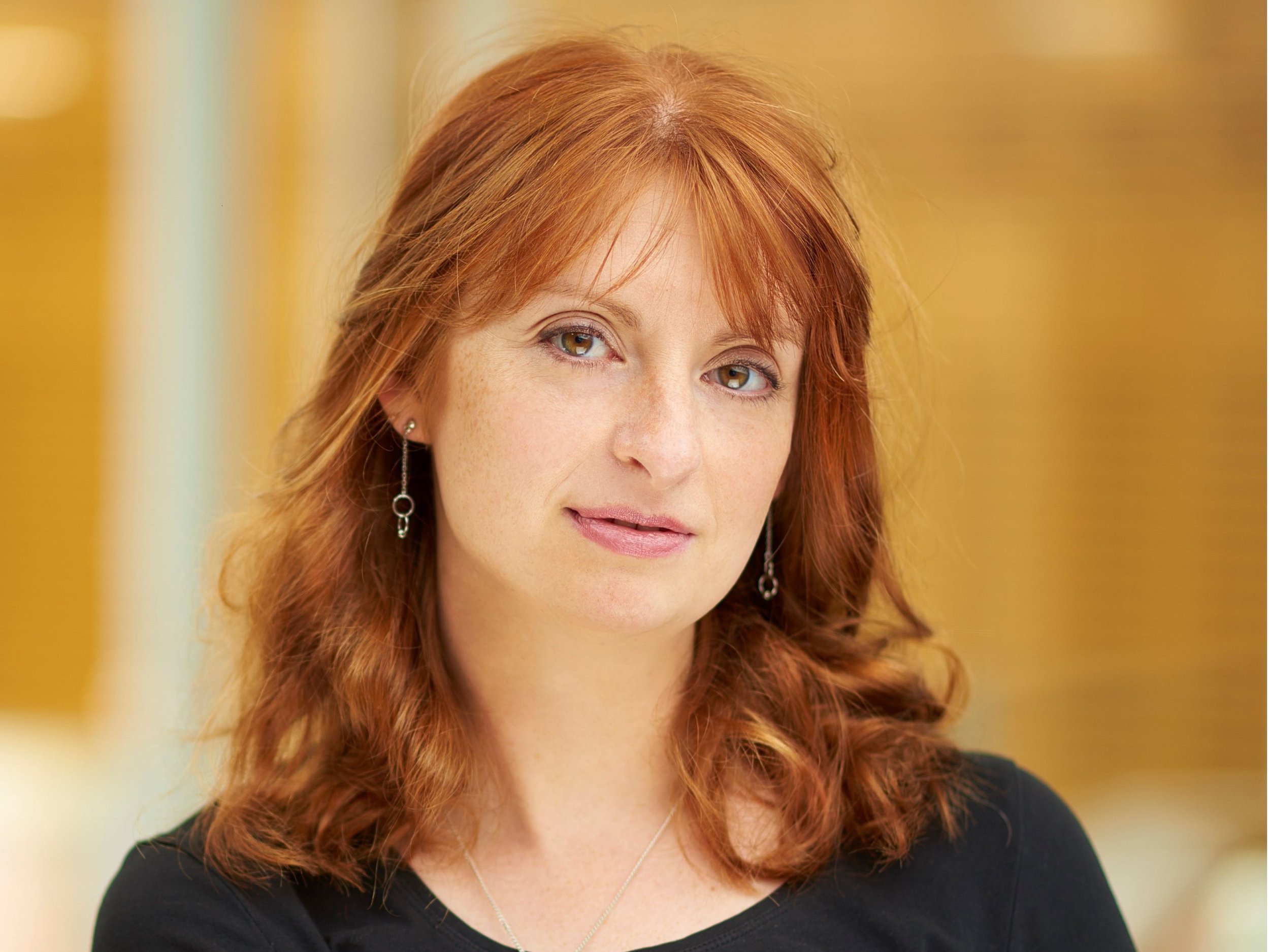
Philippa Holloway’s Shelf Life
'My short stories can take just a few hours, or years, to make it to the page. Again, I get a lot of my ideas from close observation of place, people, and asking why and how.'
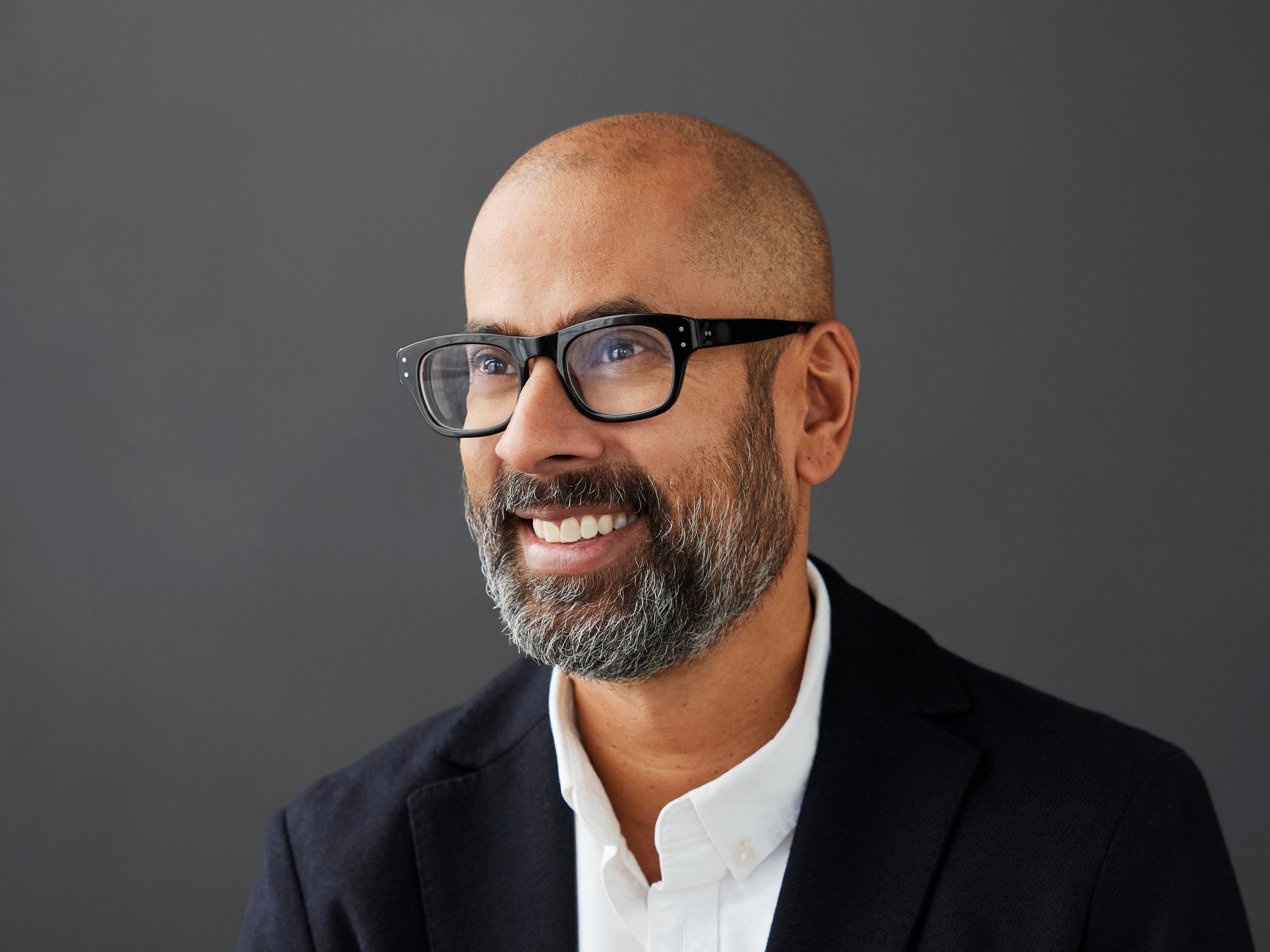
Rumaan Alam’s Shelf Life
'It’s hard for me to speak authoritatively about what has influenced me—I think influence is more subtle, or subconscious, or happens without us quite realizing it. I’m even more annoying about inspiration, I’m sorry to say, insofar as I never quite know what exactly it means.'
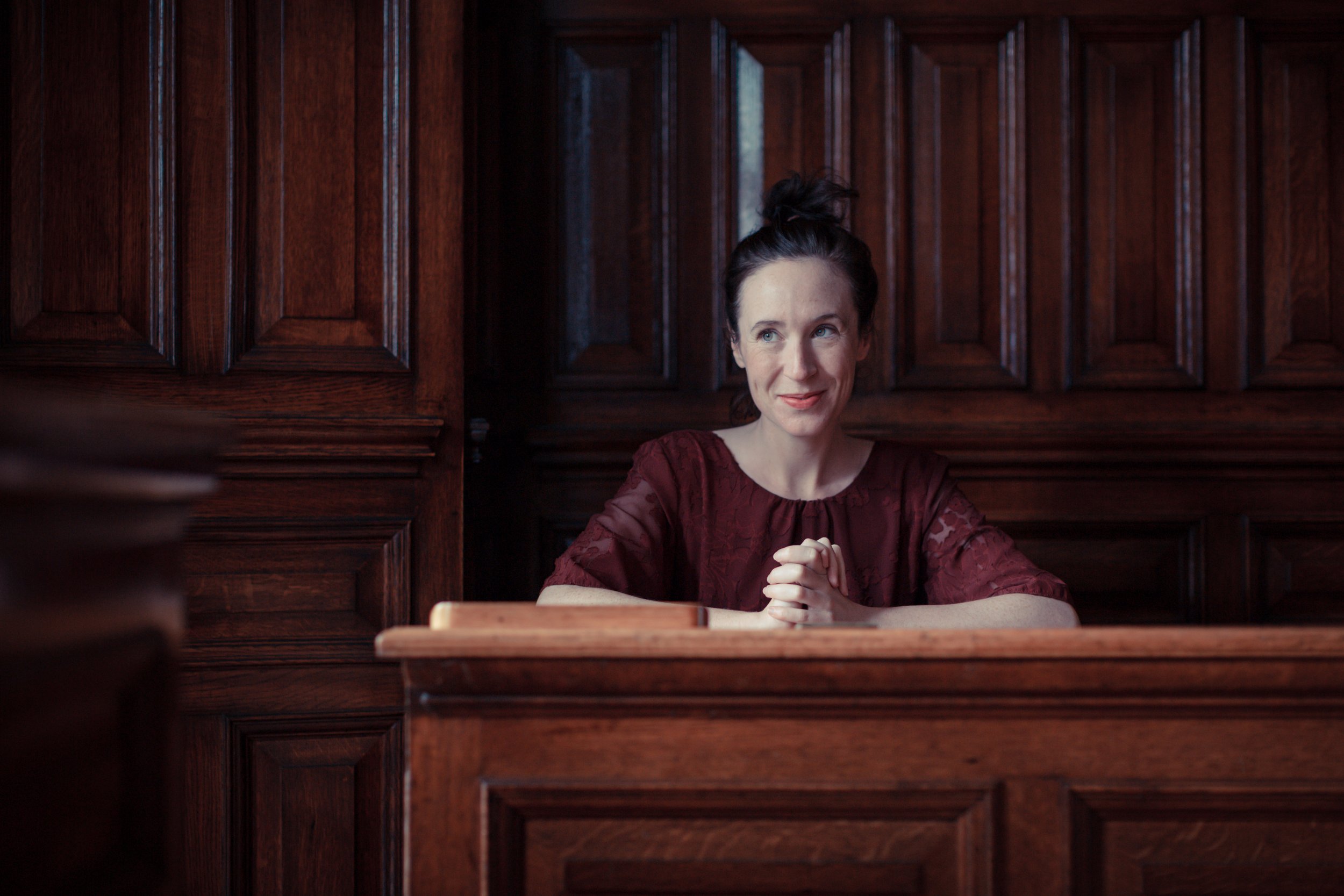
Niamh Campbell’s Shelf Life
'Looking back, I really thought of the written world as a built, existing world - a discourse, to use the adult term - and my intention was not to make value judgements but orient myself within it.'
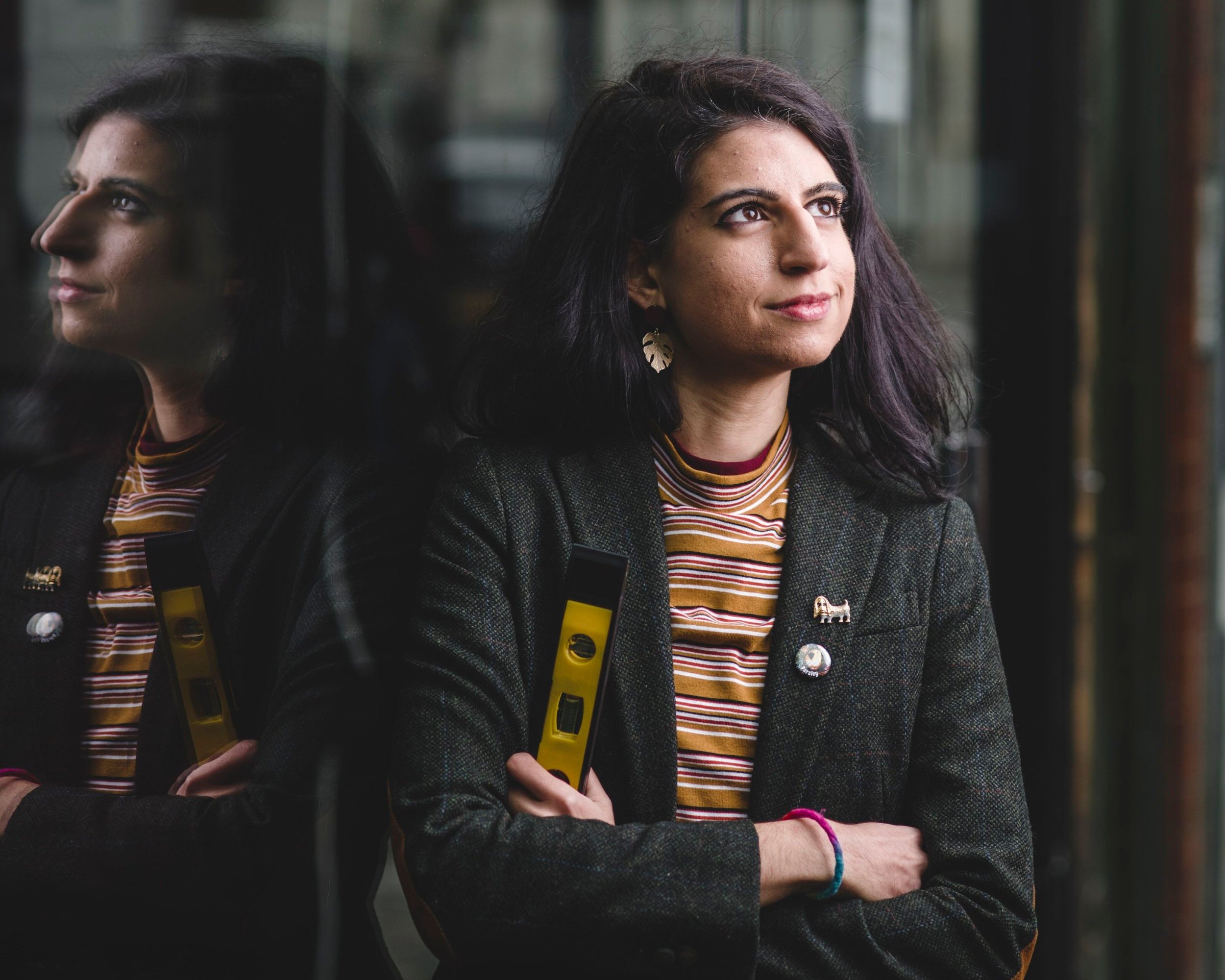
Noreen Masud’s Shelf Life
‘It is very hard to feel that those around you value book festivals more than doing anything possible to put a spanner in this poisoned system that kills and maims racialised children every single day. Most people want a quiet life. That’s hard, because if you’re marginalised that's not an option for you; you’re right up against the world’s clamour every single moment.’
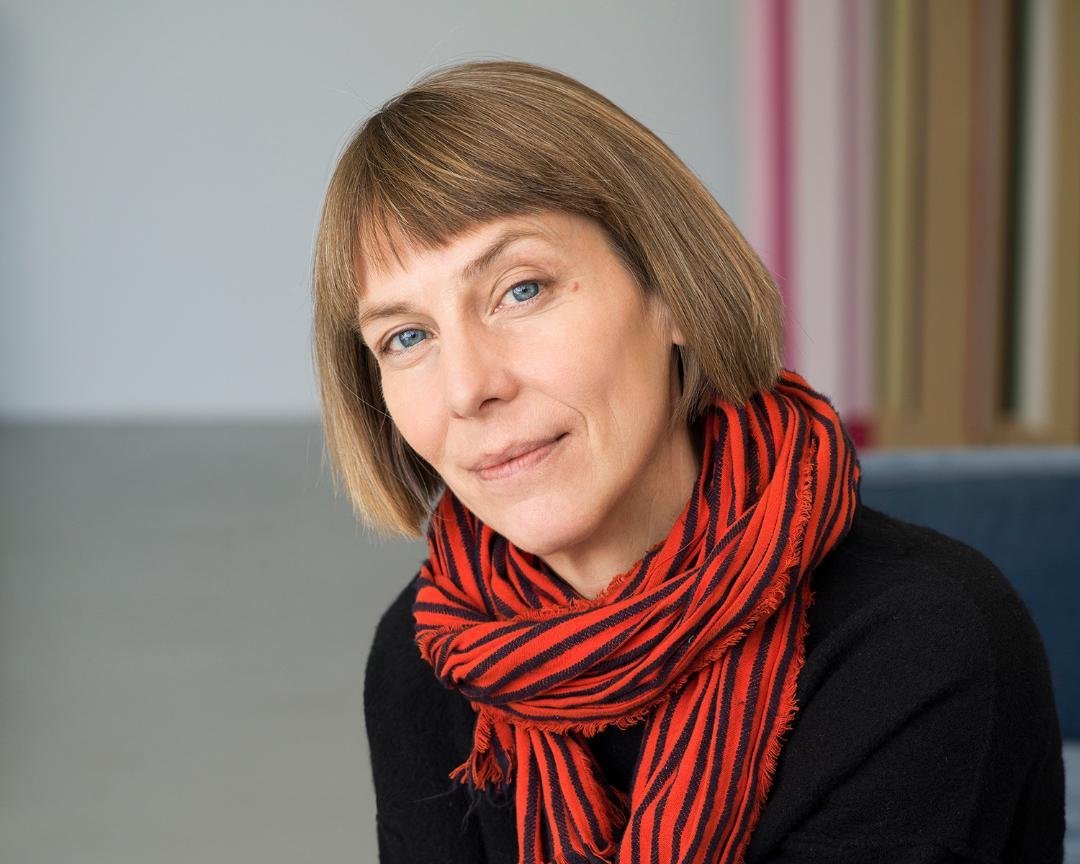
Anne de Marcken’s Shelf Life
‘I have two primary ways of writing: 1) slowly and deliberately, and 2) accidentally. In the first case, a project usually starts with an idea that is persistent enough to grow more clear rather than dimmer in the time it takes me to attend to it. Once I am writing, the idea eventually yields a feeling—some line or passage reveals the heart of the piece.’
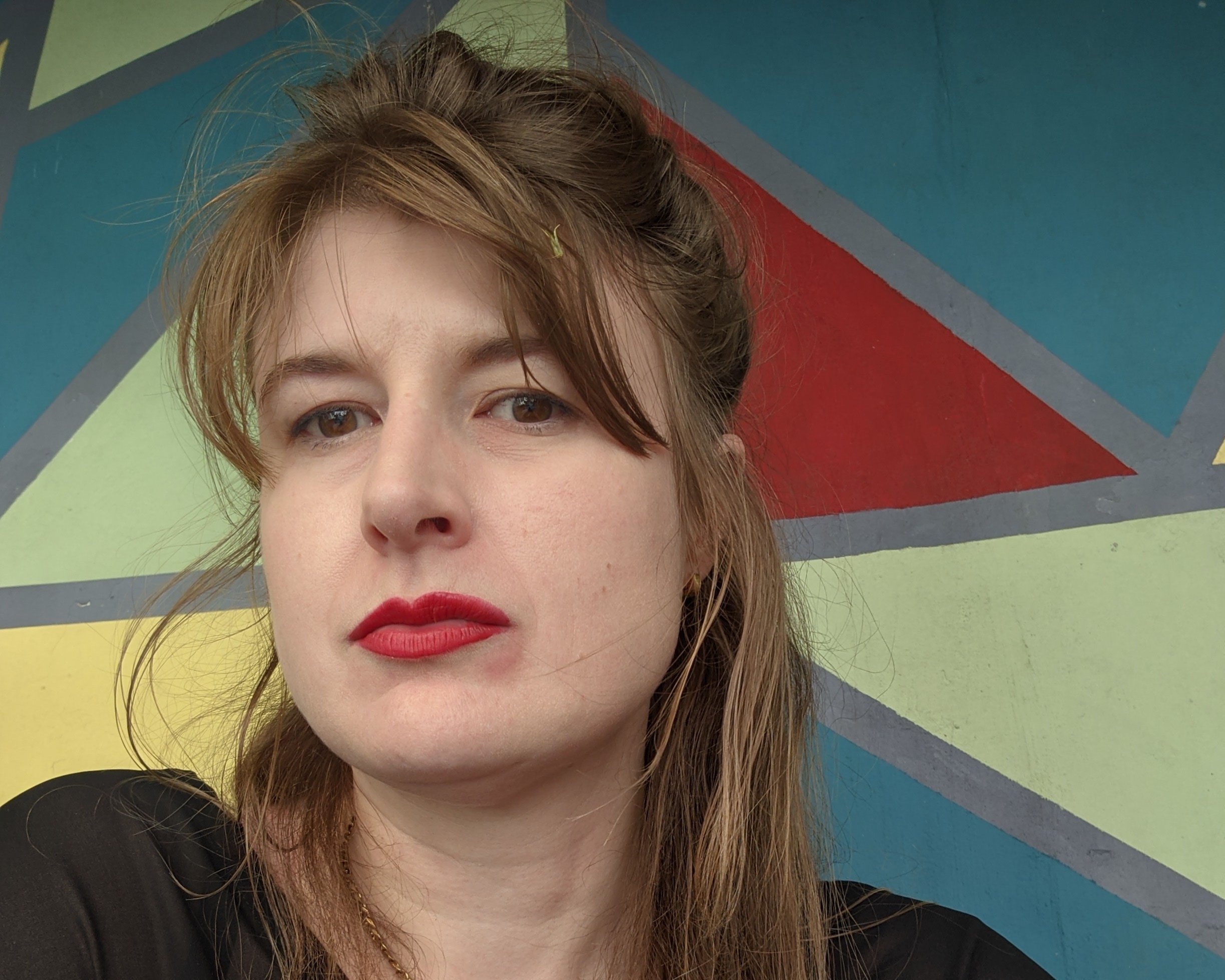
Claire Carroll’s Shelf Life
‘I am working on a new collection. It's set in Jersey, in the channel islands, where I spent exactly half of my childhood. It's a strange place, in lots of ways, but very beautiful too. Politically it's like Nigel Farage fell asleep watching The Truman Show, but the coastlines are breathtaking.’

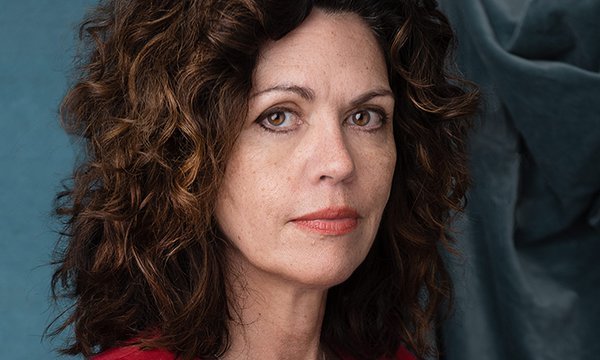
Karen Powell’s Shelf Life
‘I need to reach a certain point in a novel’s development where I feel it has acquired the necessary heft, before I can begin to discuss or share it with anyone else. Before that point, everything feels too fragile and tentative to expose to the air.’
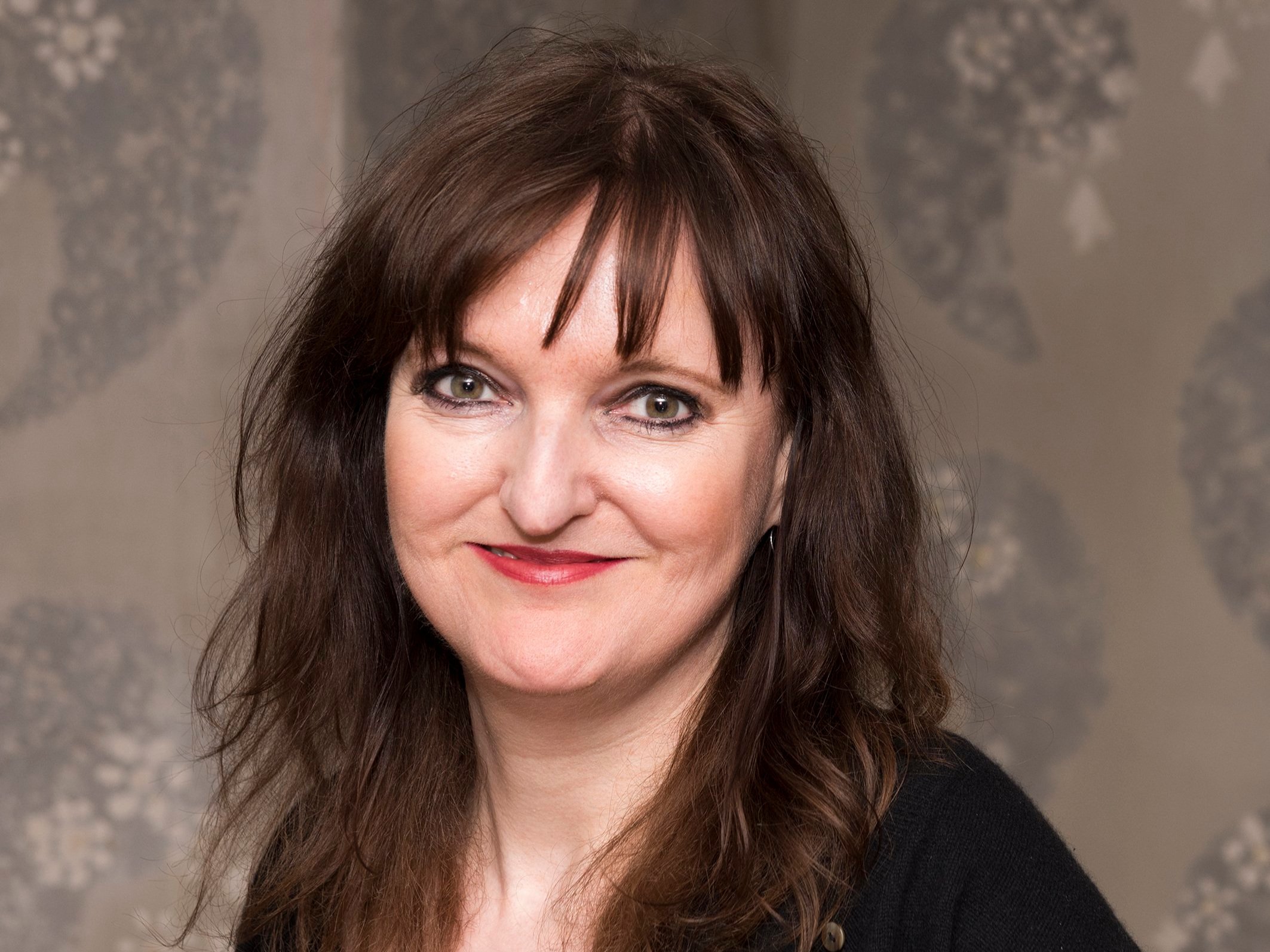
Catherine Taylor’s Shelf Life
‘Writing my memoir was akin to opening a time capsule, all the work that went into it. It was simultaneously exciting and exhausting.’
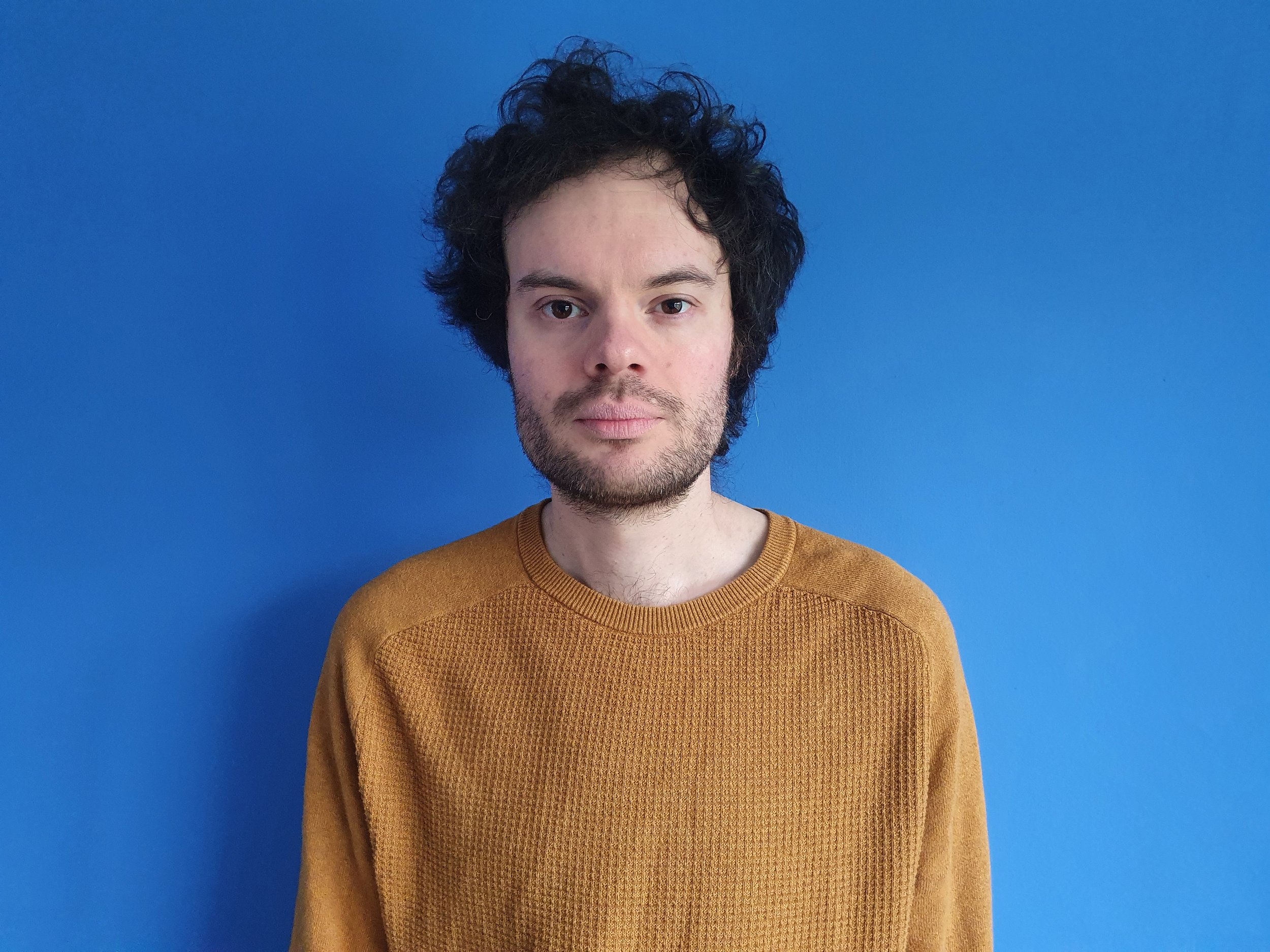
Glen James Brown’s Shelf Life
‘It used to be I’d just sit down see where the story goes, but life is too short. Now I plot in advance and let research dictate the story, rather than try to impose research on preconceived ideas. You can’t win against historical precedent.’
